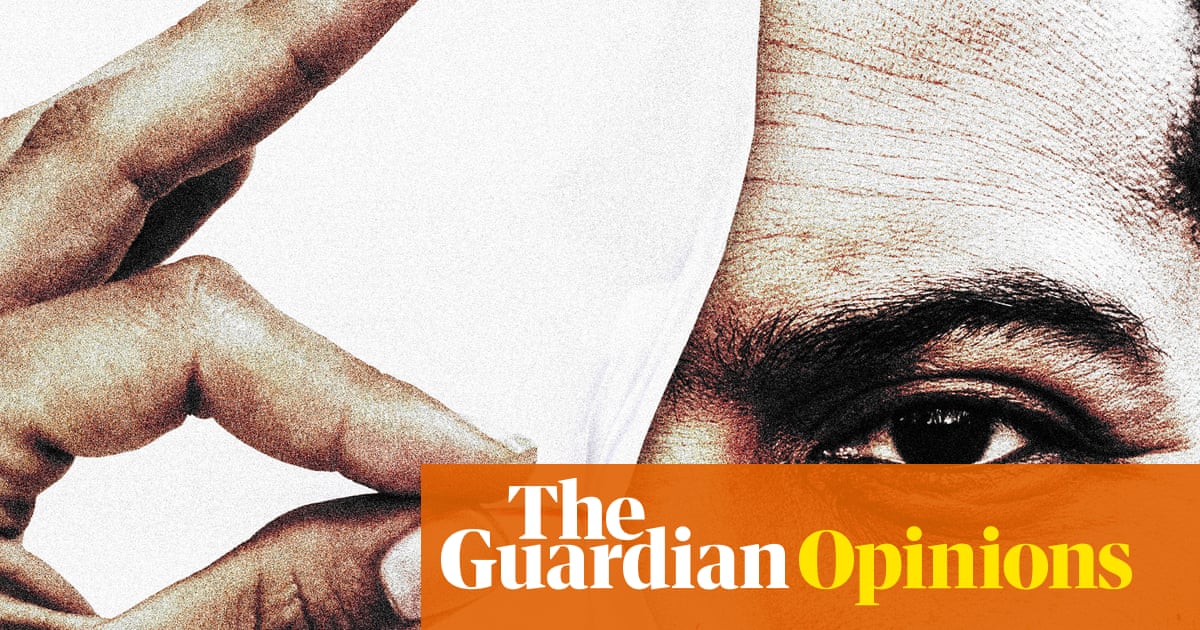
"Sirin Kale and Lucy Osborne spoke to many sources, including more than 20 women who shared their stories about working with Clarke. Their accusations covered all manner of misconduct: sexual harassment, unwanted touching and groping, sexually inappropriate behaviour, taking and sharing sexually explicit pictures and videos without consent, and bullying. The allegations spanned a long period, from 2004 to 2019 and were the basis of a powerful series of Guardian articles and a podcast, which led to Clarke suing the Guardian."
"Mrs Justice Steyn ruled that what the Guardian published was true, and that publishing it was in the public interest. The judge praised our reporters' and editors' exhaustive approach to covering the story and noted the extensive efforts they made to investigate, test and corroborate the information they received, and not to publish allegations which they could not substantiate. It is an overwhelming victory for the women who spoke to us, for the Guardian, and for investigative journalism in Britain."
"Almost every day over my decade as editor-in-chief of the Guardian I have had to take difficult decisions. In many ways, deciding to fight Noel Clarke's defamation claim was not one of them. I believed from the start this was a case we needed to see through to the end primarily, of course, for the women who had spoken to us for our original investigation, and then those who then came to the court to give testimony."
Two reporters began an investigation in spring 2021 after initial leads into Noel Clarke's behaviour. More than 20 women provided accounts of misconduct including sexual harassment, unwanted touching and groping, sexually inappropriate behaviour, taking and sharing explicit images or videos without consent, and bullying. The allegations covered the period 2004–2019 and prompted formal legal action when Clarke sued. A six-week high court trial concluded with Mrs Justice Steyn finding the published allegations to be true and ruling publication served the public interest. The judge commended exhaustive investigative efforts and corroboration, and the outcome was hailed as a victory for the women and investigative journalism.
Read at www.theguardian.com
Unable to calculate read time
Collection
[
|
...
]